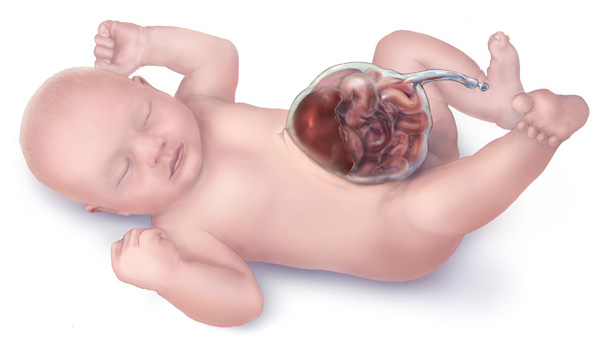Context:
NITI Aayog launches National Birth Defect Awareness Month 2024.
Background
This campaign is an effort for observing Birth defect day, which is observed on 3rd of March every year and it is an initiative in raising awareness for all birth defects.
Theme: “Breaking Barriers: inclusive support for children with birth defects”.
Data
- Birth Defect contributes to 4.9% defects of neonatal mortality.
- India has witnessed a significant reduction in the child mortality since inception of National Health Mission.
- Presently the Neonatal mortality rate is 20 per 1000 live births, Infant mortality rate is 28 per 1000 live births and Under 5 mortality rate is 32 per 1000 live births as per Sample Registration System 2020 Report released on 22nd September 2022 by Registrar General of India (RGI).
About Congenital Disorder (CD)
- It also known as a birth defect that occur while the baby is still in the womb.
- In India, congenital malformations and genetic disorders are the third most common cause of mortality in newborns in urban areas.
- Types of Congenital Disorders:
- Chromosomal Birth Defects (CBD): Eg. Down’s syndrome
- Biochemical Birth Defects (BBD)
- Anatomical Birth Defects (ABD): The common types of ABDs are heart defects, cleft palate, clubfoot and congenital dislocated hip.
- Treatment:
Gene Therapy
Surgery
Enzyme replacement therapy
Prenatal treatment
Six percent of children are born with Birth Defects every year worldwide
Other helping Bodies for campaign:
- Mobile Health teams
- District Early Interventions teams
These bodies ensures child health and work for successful implementation of Rashtriya Bal Swasthya Karyakram (RBSK).
Prevention
A woman can make many alterations in her lifestyle for lowering down her chances of having a child with a birth defect . Some steps one can take throughout pregnancy include:
- Quit smoking
- Maintain a healthy weight
- Keep folic acid in check
- Avoid exposure to alcohol and drugs during pregnancy
- Avoid harmful substances like lead, pesticides and radiation
RASHTRIYA BAL SWASTHYA KARYAKRAM ( RBSK)
- This program involves screening of children from birth to 18 years of age for four Ds- Defects at birth, Diseases, Deficiencies and Development delays, spanning 32 common health conditions for early detection and free treatment and management, including surgeries at tertiary level.

